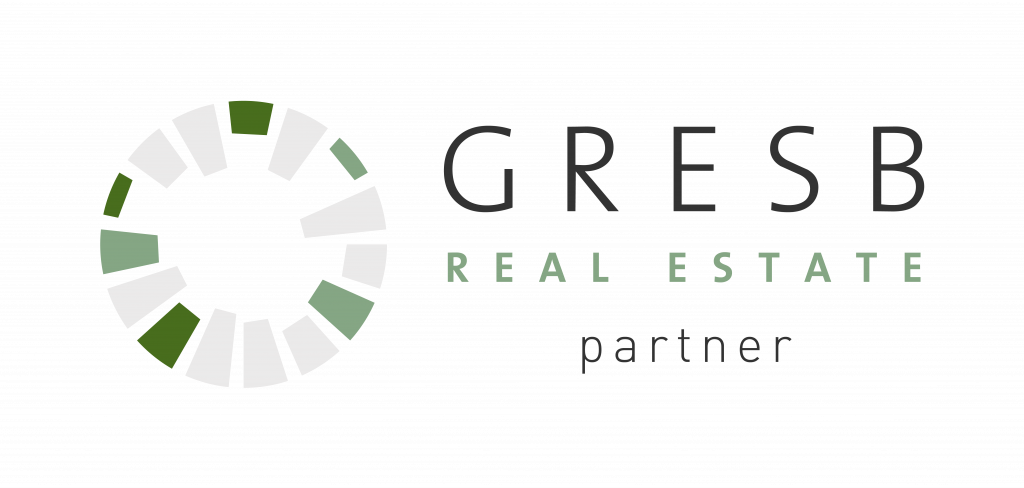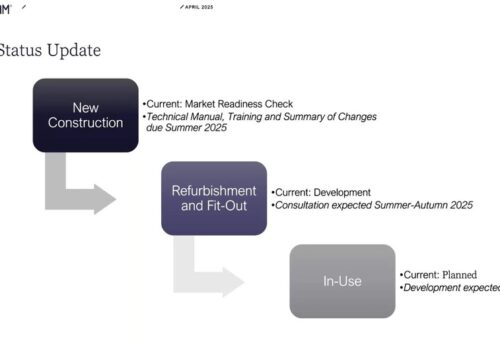
- July 31, 2023
How can Parisian apartments embrace sustainability?
I have been lucky enough to stay with family and work from Paris this summer (one of the many perks E.S.G. Solutions allows employees to do). Amongst the hustle and bustle of cafes, artists painting and tourists soaking in the breathtaking views from the Sacre Coeur, are some of the oldest and most beautiful buildings and streets to date in Paris. I spend most of my time in the 18th arrondisement, wandering the cobbled streets or seated at a café enjoying a drink or two whilst taking in the scenes from the locals, as time feels like it slows down for a moment.
Situated on a hill above the sprawling streets of Paris below, Montmartre was populated by windmills, vineyards and farmland, until the village merged into the fabric of the city itself. Most apartments boast elegant facades, adorned with intricate wrought-iron balconies and tall, majestic windows that allow sunlight to filter through the whole apartment. Stepping inside, one is immediately greeted by the grandeur of its classic architecture. High ceilings adorned with delicate mouldings add an air of sophistication, while the walls showcase elaborate, vintage wallpaper, telling stories of the apartment’s rich history. The floors are made of polished hardwood, revealing the footprints of countless generations that have traversed these graceful rooms. The legacy that these buildings leave behind is what keeps the desire and allure to live and visit Paris alive.
Recently in France, fixing Paris apartment energy ratings is a hot topic on the mind of owners, buyers, and renters. From enhancing the residential insulation to new ventilation and heating systems, these old apartments are in need of many renovations in order for Paris to meet its sustainability targets and compliance guidelines with EU directives. However, older buildings and apartment with facades and roofs that cannot be changed may have some leeway due to historical preservation laws and higher costs. The new ratings are impacting property prices, as buyers prefer to have an energy efficient property rather than a hot and stuffy, especially during this summer’s intense heatwaves.
To address these challenges, city authorities and stakeholders are continuously working on developing strategies to promote energy-efficient renovations and strike a balance between preserving the city’s historical charm and meeting modern environmental standards. To incentivise owners, city authorities should combine financial incentives and collaborative programs such as establishing energy performance benchmarks for buildings allowing the free flow of information and creating healthy competition amongst building owners. Furthermore, educating owners on the importance of improving their energy ratings and how they can benefit from energy-efficiency improvements.
Overall, the Diagnostic de Performance Energetique (DPE) is an important tool for promoting energy efficiency and reducing greenhouse gas emissions. By combining these approaches and tailoring incentives to specific contexts and target groups, city authorities and stakeholders can create a more compelling case for building owners, potential buyers and renters to embrace energy-efficient practices and contribute to the city’s sustainability goals which can lead to significant benefits for both the environment and the economy.
Here’s a summary in English taken from the government website:
With new rules taking effect from 1st April 2023, fixing Paris apartment energy ratings is a hot topic on the minds of owners, buyers, and renters. From improving residential insulation to new ventilation and heating systems, it’s the latest step in making Paris a greener city, fit for the future, and meeting guidelines set up by the EU. The most recent changes have been to the energy efficiency requirements in apartments for sale as well as those being used for long-term rentals.
An Energy Performance Certificate, or DPE, is issued for every property, whether for sale or for long-term rental in France. This certificate is part of the EU’s energy policy and has been part of the French law since 2006. The purpose of the DPE is to provide information to potential buyers or long-term renters about the energy consumption and efficiency of the building, as well as recommendations for improvements.
The DPE must be presented at the signing of the Promesse or Compromis de Vente (the document which confirms that an offer has been made for purchase and accepted by the seller), or signing of a long-term lease, if renting. Having a DPE is a mandatory requirement for all homes and apartments and is ranked between A (Green) and G (Red), with G being the least energy efficient.
There have been continuous updates in regard to rules and regulations as to the energy efficiency of properties in France since it’s beginning in 2006, the most recent of which took effect April 1, 2023, requiring apartments with F and G ratings to undertake an energy audit, performed at the seller’s expense and detailing what needs to be done to the apartment to better its energy efficiency rating and the costs involved to undertake those improvements. The goal in the energy audit is to show how the apartment can be moved up to a B rating. The suggested improvements are not required to be implemented by the buyer immediately, but these costs can be a part of the negotiating process between the seller and any interested buyers.
Here is some of the timeline for implementation of DPE improvements:
- From January 2023 it is no longer possible to rent a home in France for a long-term lease with an energy consumption of over 450 kW per square meter.
- From January 2025 properties with the worst rating (G) will not be allowed on the rental market.
- From January 2028 properties with an F-rating will no longer be allowed to be rented long term.
Older buildings with facades and roofs that can not be changed due to historical preservation laws, and apartments in cities with shared ownership and visual elements that must conform aesthetically, do not have to comply with the strictest requirements. It isn’t practical to change collective boilers that heat all the apartments in a building, for example, or to replace doors that must match throughout a building. Interior insulation can’t really be added without affecting plaster moldings and other period features.
Appliances are already generally very highly efficient in Europe, but there are a few remaining things that can make a big difference. Changing to efficient, double-pane French doors, and high efficiency water heaters, are the main improvements that can be made in Paris, and those will meet the requirements that allow owners to rent their property long term. It should be noted that properties not rented long term (for periods of over a year) do not need to comply. Improvements undertaken to meet the requirements are generally tax deductible, so be sure to confer with your tax advisor.
It’s not clear if the new ratings are having a significant impact on property prices, as buyers may prefer to have an energy efficient property over one that is drafty and cold, or hot and stuffy, depending on the season. There is also debate that these rules unfairly impact small landlords who count on rental income and can not afford to upgrade, even with the tax incentives offered.
Alexa Chanliau, July 2023













